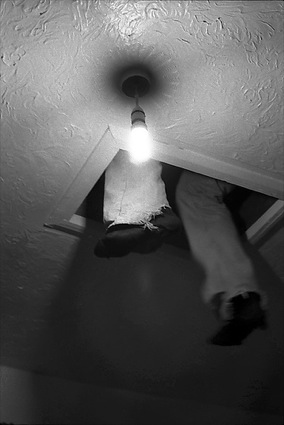In his church history, William’s devotes several pages to Michel de Montaigne, who, I confess I had never heard of. I had heard plenty of Pascal, who apparently took a lot of cues from him. (Update: Apparently, most Christian’s don’t consider Montaigne one of the good guys. Some of Pascal’s writing is rebuttal of some of Montaigne’s work.) Despite that, I really like his (Montaigne’s) quotes how how reason is not sufficient to comprehend God.
“All the principles of stoics, sceptics, atheists, etc. are true. But their conclusions are false, because the opposite principles are also true.”
“Our soul is cast into a body where it finds number, time, dimension. Thereupon it reasons, and calls this nautre necessity, and can believe nothing else.”
This indeed, as one might say, “is talking.” Reason is driven to call this communicated nature necessity, upon which necessity she erects her instruments. It is the old trouble which the wise Greek had seen so long ago: “Give me an inch of earth to stand on and I will move the world.” But there is no inch of earth; there never has been; there never – though “the heart has its reasons that the head does not know” – can be.
-Charles Williams, The Descent of the Dove, p.197



